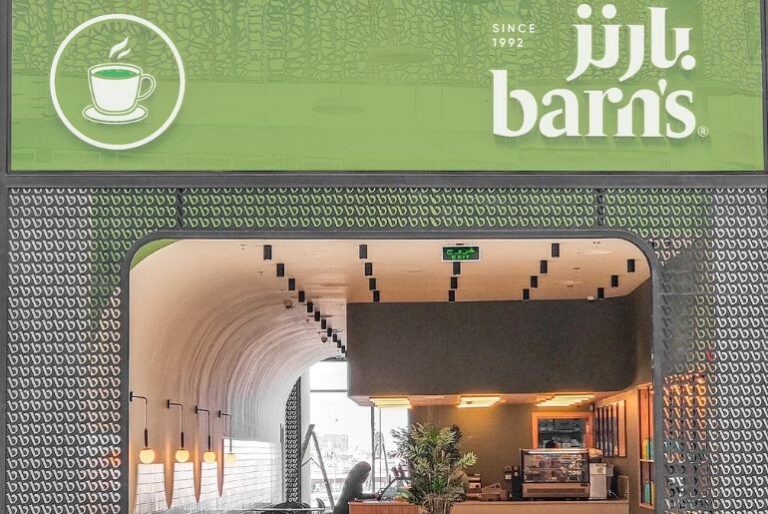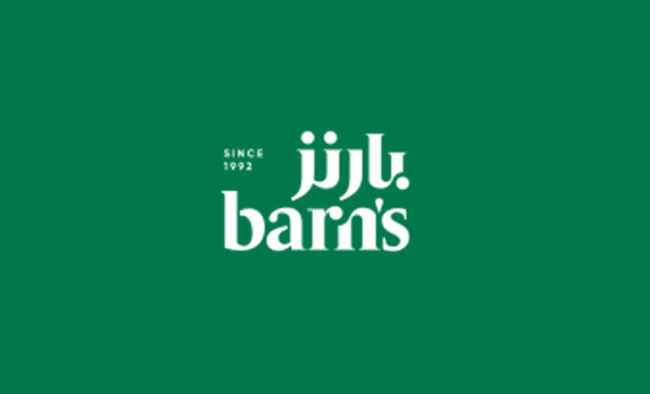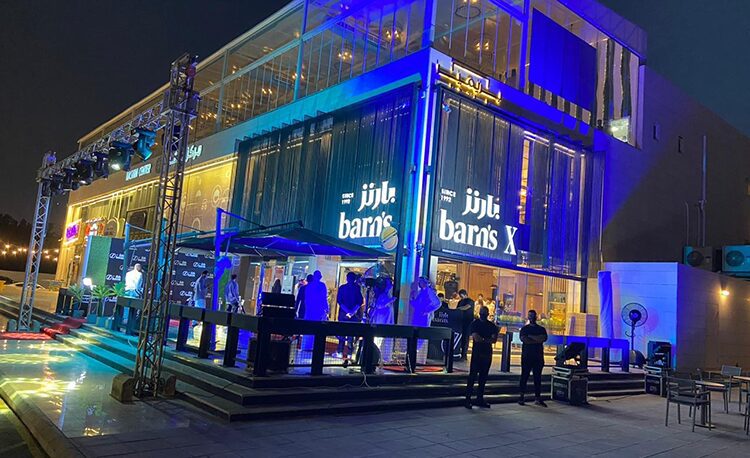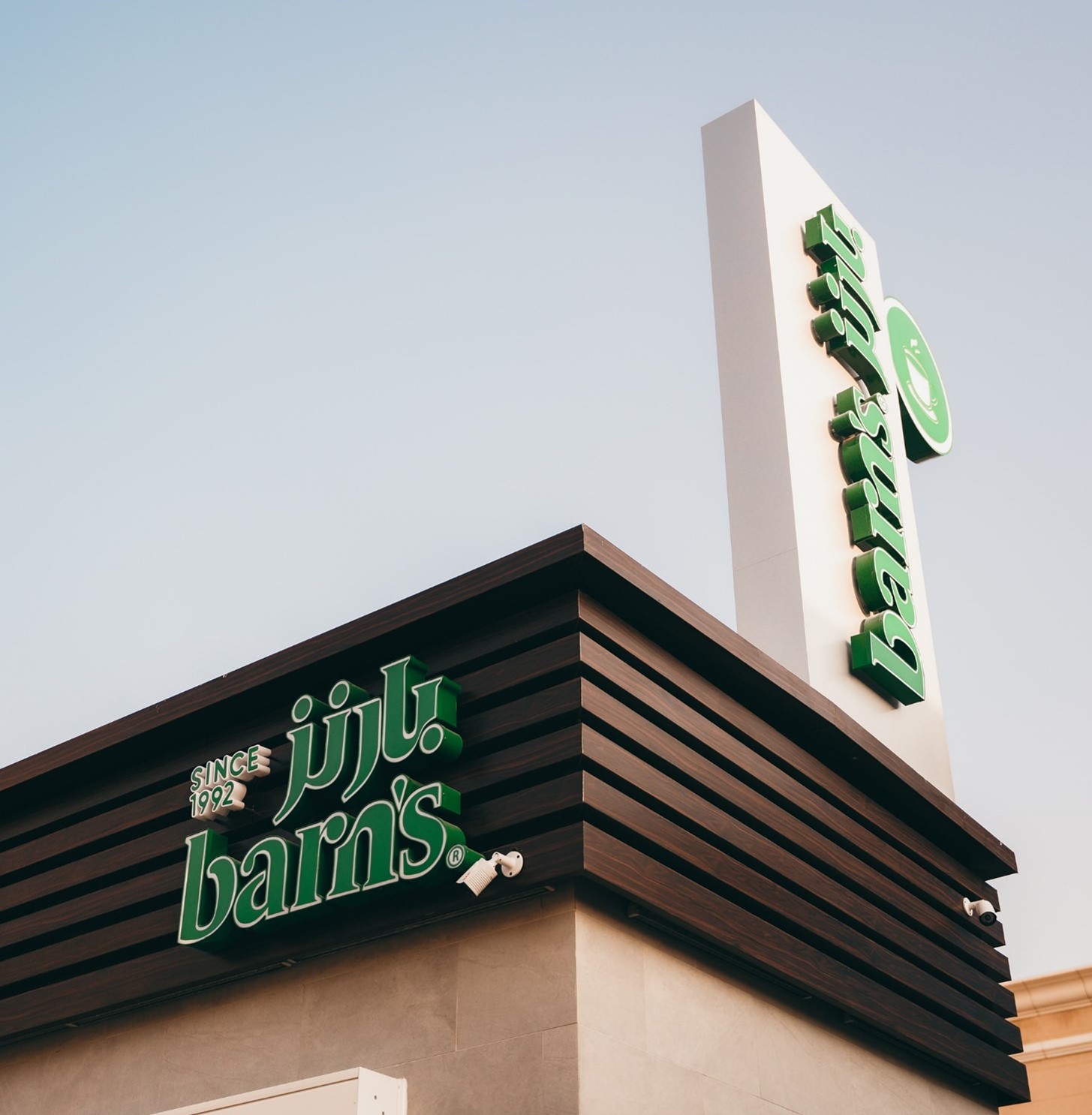
Saudi based coffee chain, described it as a key milestone in the continued expansion of its shop estate, in line with its strategic growth plans.
Barns stated that many of its franchised shops are strategically positioned in roadside locations and retail parks, enabling it to cater to customer’s on-the-go.
“Just one year since we marked our 400th franchise, we’re now delighted to open our 500th – this is a huge milestone that underscores the success of our franchise model,” said Mr Mohamed Al Zain of ,CEO of Barns Coffee.
“As we round off 2023, we’re pleased to be well on track to meet our ambitious shop expansion targets for the year ahead,” Mr Zain CEO of Barns café added. “The relationships we’ve built over the years with our valued franchise partners have been critical in enabling us to accelerate our shop expansion plans, reach key travel hub locations across Saudi and enhance even greater accessibility for our customers.”
New shop openings along with increased customer visits saw Barnss continue its strong trading performance into the third quarter, with total sales up by 30% compared to the previous year.
“We are also proud to offer the same quality continuous cup of coffee over the years, and this point is one of the constant strengths in Barns that cannot be waived and we continue to promise and quality” Zain added.
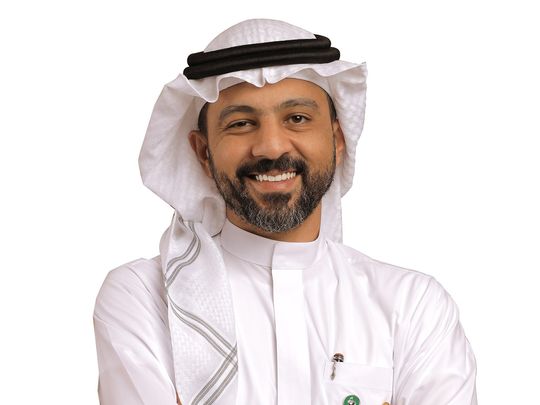
Mohamed Al Zain ,CEO Barns Coffee
Saudi Arabian Jeddah based Al-Amjaad Group is renowned for its successful coffee business, barn’s, which was established in 1992 as a homegrown specialty coffee brand. With a progressive company culture, barn’s has become the largest and one of the oldest coffee shop businesses in Saudi Arabia. Al-Amjaad has adopted a franchising model to expand the reach of barn’s while maintaining full ownership of approximately 30 percent of its branches. This strategy has proven effective, with the number of barn’s branches growing from around 130 in 2018 to over 650 today, including more than 150 fully owned by Al-Amjaad.They are also looking to expand the brand to international markets including the GCC and globally targeting 1000 outlets by 2030.

